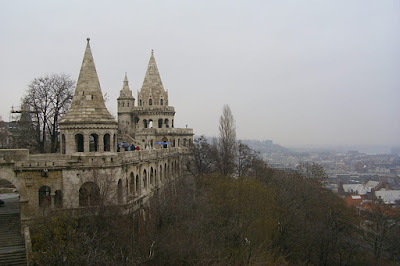Some obvious choices for searching stats turn out to create problems. Uncle Sam's Google Search returns things like the National Vulnerabilities Database listing for a given CMS. Perhaps given that its 3:30 a.m., a first whack at how many .gov sites are out there using OS is to simply look at self-reporting for some representative CMS's.
| CMS | Sites Reported | Source URL | |
| DotNetNuke | -- | (No obvious collection available. If anyone knows of one, please comment.) | |
| Drupal | 46 | http://groups.drupal.org/node/19885 and http://groups.drupal.org/node/24119 | |
| Joomla | 30 | http://community.joomla.org/showcase/sites/government-and-nonprofit/government.html | |
| Plone | 234 | http://plone.net/sites/sites_listing?industries%3Alist=Government | |
| WordPress | 17 | http://wordpress.org/showcase/tag/government/ |
Although its been heralded as a watershed moment for open source, FOSS has been steadily penetrating the .gov domain for years. The high-profile nature of whitehouse.gov, however, gives open source a great boost. But places like Albuquerque, Newport News, Brazil, Ireland, Italy, New Zealand, and many others have been using open source for years. I recommend reading the e-Government article in Wikipedia with an eye towards FOSS mentions, which are numerous.
As always, the message is to match requirements with capabilities. If you're a PHP shop with lots of talent in that area, you might be inclined to go in that direction. Similarly, with ASP.NET staff, DNN is a player. If security is one of your top concerns, Plone should be on your short list.
Meanwhile, here's another plug for FosterMilo's presentation at World Plone 2009 on Day 2 -- "Helping the Government Go Plone." They were instrumental in getting Plone up and running for the Cities of Albuquerque and Raton here in New Mexico. If past presentations are any indication (here's one of my favs), this will be a good one.







